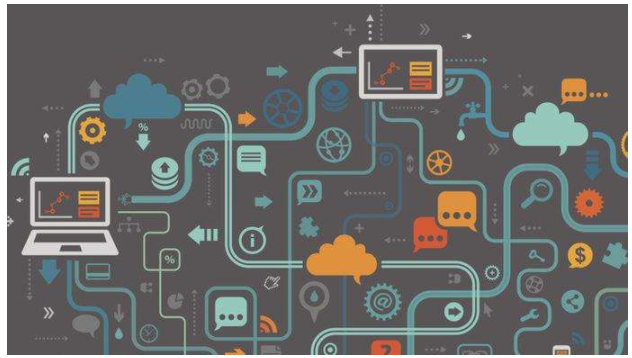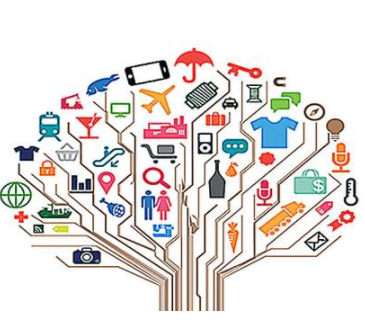Since the advent of IoT-driven automation and smart technologies, the entire building and infrastructure value chain has undergone revolutionary changes, although the traditional building management and control industry has made slow progress in implementing and cooperating with the pace of innovation. Due to various factors such as climate change, energy demand and the changing workforce of the millennial generation, the demand for smart buildings driven by the Internet of Things is unprecedentedly strong.
The owners and managers of the building gradually realized that the maximum value of the building was determined by the occupants. Now, we have shifted our focus to buildings tailored for occupants, and this is precisely the huge advantage that smart buildings bring. Intelligent building technology brings many benefits to owners and managers, such as remote control and energy efficiency, and it also provides occupants with a better experience than other buildings. The possibilities of this technology are huge. Future buildings, especially commercial real estate, will become the smartest and most closely connected buildings in the IoT ecosystem.

The future is connected
According to Memoori research, the global building networking market (now called BIoT) will grow from US $ 34.8 billion at the end of 2017 to US $ 84.2 billion in 2022, with a compound annual growth rate of 19.4%. In addition, according to a survey conducted by Deloitte as part of its 2020 commercial real estate (CRE) outlook, most CRE executives said that the Internet of Things and artificial intelligence can reduce costs and improve operational efficiency. They acknowledge that the tenant experience is not the only factor in implementing IoT in buildings. Facility managers, owners, operators or developers can save 30% to 50% of energy.
















 RCCN WeChat QrCode
RCCN WeChat QrCode Mobile WebSite
Mobile WebSite

